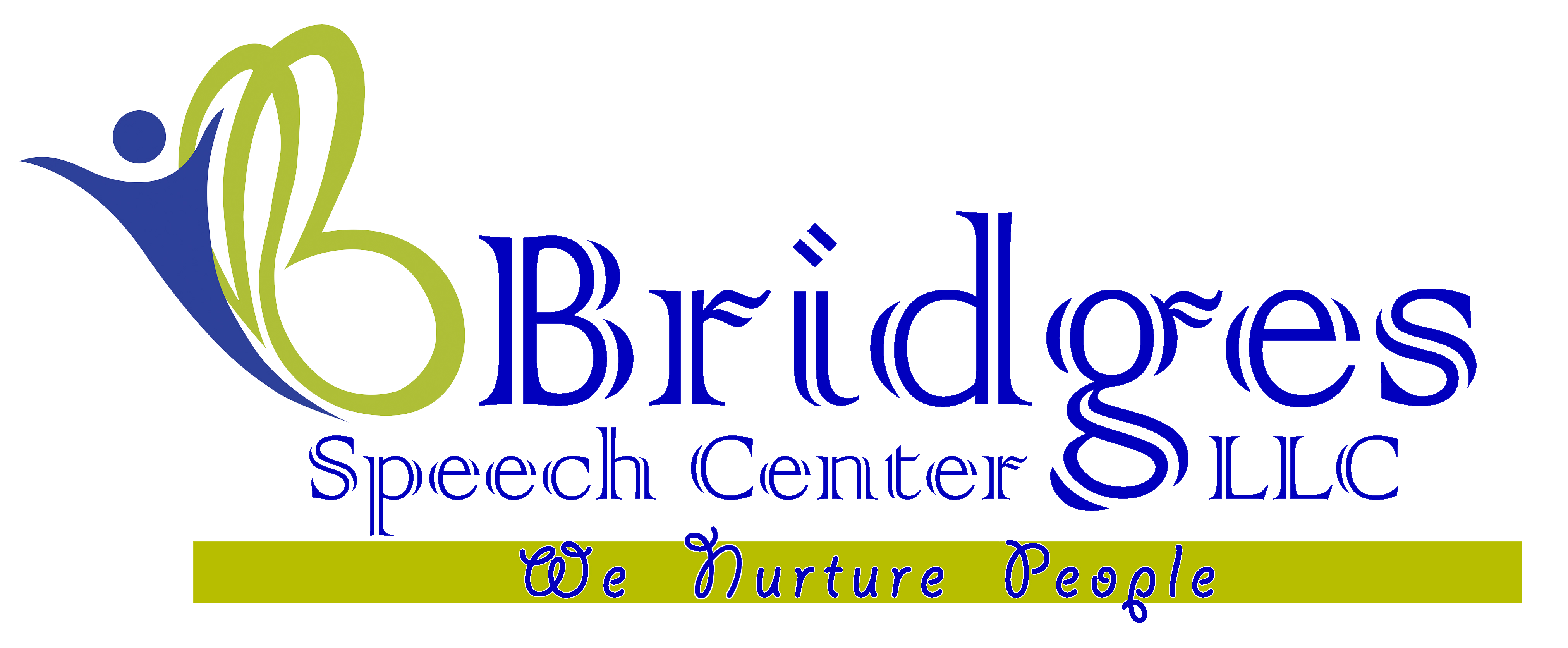- About Us
- Our Services
- Speech Therapy
- Speech and Language Therapies for Adults in Dubai
- Speech and Language Therapies for Children in Dubai
- Accent therapy
- Augmentative Alternative Communication (AAC) Therapy
- Articulation Speech Therapy
- Auditory Processing therapy/ Auditory verbal therapy
- Language Intervention: Speech Delay therapy
- Oral Motor Therapy
- Play Based therapy
- PROMPT/DTTC/RePT for Childhood Apraxia of Speech
- Social communication/Pragmatic language therapy
- Stuttering / Stammering therapy Program
- Spellography Program for Dyslexia
- Voice Therapy
- Home Care Services
- Feeding Therapy
- Physiotherapy
- Pediatric and Geriatric Physiotherapy
- Fall Prevention Programs for the Elderly
- Developmental Delay Treatment for Children
- Cerebral Palsy Management for Children
- Pediatric Orthopedic Conditions
- Osteoporosis Management for the Elderly
- Sports Injuries in Children
- Mobility and Balance Training for Elderly
- Joint Pain Treatment (Knee, Shoulder, Hip)
- Age-Specific Exercise Programs
- Coordination and Balance Exercises
- Orthopedic Physiotherapy
- Neurological Physiotherapy
- Sports Physiotherapy
- Cardiopulmonary Physiotherapy
- Women’s Health Physiotherapy
- Manual Therapy
- Therapeutic Exercise
- Pain Management
- Electrotherapy
- Hydrotherapy
- Ergonomic Consultation
- Tele-Physiotherapy Services
- Pediatric and Geriatric Physiotherapy
- Occupational Therapy
- Sensory Integration
- Clinical Psychology & Psychotherapy
- Cognitive Behavioral Therapy(CBT)
- ABA /Behavior Therapy
- Bridge Learning Program
- Group therapy
- Summer/Winter Program
- Telehealth Services
- Training Program/CEU
- Internship/ Observership
- Speech Therapy
- Super Team
- Collaboration
- Training Course
- News/Blogs
- About Us
- Our Services
- Speech Therapy
- Speech and Language Therapies for Adults in Dubai
- Speech and Language Therapies for Children in Dubai
- Accent therapy
- Augmentative Alternative Communication (AAC) Therapy
- Articulation Speech Therapy
- Auditory Processing therapy/ Auditory verbal therapy
- Language Intervention: Speech Delay therapy
- Oral Motor Therapy
- Play Based therapy
- PROMPT/DTTC/RePT for Childhood Apraxia of Speech
- Social communication/Pragmatic language therapy
- Stuttering / Stammering therapy Program
- Spellography Program for Dyslexia
- Voice Therapy
- Home Care Services
- Feeding Therapy
- Physiotherapy
- Pediatric and Geriatric Physiotherapy
- Fall Prevention Programs for the Elderly
- Developmental Delay Treatment for Children
- Cerebral Palsy Management for Children
- Pediatric Orthopedic Conditions
- Osteoporosis Management for the Elderly
- Sports Injuries in Children
- Mobility and Balance Training for Elderly
- Joint Pain Treatment (Knee, Shoulder, Hip)
- Age-Specific Exercise Programs
- Coordination and Balance Exercises
- Orthopedic Physiotherapy
- Neurological Physiotherapy
- Sports Physiotherapy
- Cardiopulmonary Physiotherapy
- Women’s Health Physiotherapy
- Manual Therapy
- Therapeutic Exercise
- Pain Management
- Electrotherapy
- Hydrotherapy
- Ergonomic Consultation
- Tele-Physiotherapy Services
- Pediatric and Geriatric Physiotherapy
- Occupational Therapy
- Sensory Integration
- Clinical Psychology & Psychotherapy
- Cognitive Behavioral Therapy(CBT)
- ABA /Behavior Therapy
- Bridge Learning Program
- Group therapy
- Summer/Winter Program
- Telehealth Services
- Training Program/CEU
- Internship/ Observership
- Speech Therapy
- Super Team
- Collaboration
- Training Course
- News/Blogs
Table of Contents
TogglePediatric and Geriatric Physiotherapy Treatment in Dubai
- Home
- Our Services
- Physiotherapy
Fibromyalgia Management: Reducing Symptoms and Improving Quality of Life
Fibromyalgia is a chronic condition characterized by widespread pain, fatigue, sleep disturbances, and cognitive difficulties. Managing fibromyalgia requires a comprehensive approach that addresses the complex nature of the condition and focuses on alleviating symptoms to improve the overall quality of life for patients. This internal page explores various strategies, treatments, and lifestyle adjustments used in fibromyalgia management, tailored to meet the unique needs of individuals affected by this condition.
Understanding Fibromyalgia
Symptoms
Fibromyalgia symptoms can vary widely among individuals but commonly include:
- Widespread Pain: Persistent, dull, or aching pain throughout the body, often described as tender points.
- Fatigue: Unrefreshing sleep and constant fatigue, despite adequate rest.
- Cognitive Difficulties: Often referred to as “fibro fog,” which includes problems with memory, concentration, and attention.
- Sleep Disturbances: Difficulty falling asleep, staying asleep, or waking up feeling unrefreshed.
- Mood Disorders: Depression, anxiety, and stress are common among individuals with fibromyalgia.
Causes and Triggers
The exact cause of fibromyalgia is unknown, but several factors may contribute to its development and exacerbation, including:
- Genetics: Family history of fibromyalgia or related disorders.
- Neurochemical Imbalances: Alterations in neurotransmitters that regulate pain and mood.
- Physical or Emotional Trauma: Previous injuries, infections, or traumatic events may trigger or worsen symptoms.
- Stress: Emotional or physical stress can exacerbate fibromyalgia symptoms.
Approaches to Fibromyalgia Management
- Medication Management
- Pain Relievers: Over-the-counter pain relievers like acetaminophen or nonsteroidal anti-inflammatory drugs (NSAIDs) may provide temporary relief from pain.
- Antidepressants: Certain antidepressants, such as duloxetine or amitriptyline, can help reduce pain and improve sleep quality.
- Anticonvulsants: Medications like gabapentin or pregabalin may be prescribed to alleviate pain and improve sleep.
- Lifestyle Modifications
- Exercise: Regular physical activity, such as walking, swimming, or yoga, can help reduce pain, improve muscle strength, and enhance overall well-being.
- Sleep Hygiene: Establishing a regular sleep schedule, creating a relaxing bedtime routine, and optimizing sleep environment can promote better sleep quality.
- Stress Management: Techniques such as mindfulness meditation, deep breathing exercises, and progressive muscle relaxation can help reduce stress levels and alleviate symptoms.
- Physical Therapy and Rehabilitation
- Manual Therapy: Techniques like massage therapy, myofascial release, and trigger point therapy can help alleviate muscle tension and improve flexibility.
- Exercise Therapy: Tailored exercise programs designed by physiotherapists to improve strength, endurance, and flexibility while avoiding exacerbation of symptoms.
- Psychological Support
- Cognitive Behavioral Therapy (CBT): CBT techniques can help individuals manage pain, cope with stress, and improve overall functioning.
- Support Groups: Participating in support groups or counseling sessions with others experiencing fibromyalgia can provide emotional support, validation, and coping strategies.
- Nutritional Counseling
- Balanced Diet: A well-balanced diet rich in fruits, vegetables, lean proteins, and whole grains can support overall health and potentially reduce inflammation.
- Supplements: Some individuals may benefit from supplements like vitamin D or magnesium, but consultation with a healthcare provider is recommended.
Holistic Approach to Care
Effective management of fibromyalgia often requires a holistic approach that integrates various treatment modalities and emphasizes patient-centered care. Healthcare providers collaborate with patients to develop individualized treatment plans that address symptom management, functional limitations, and improvement of overall quality of life.
Research and Emerging Therapies
Ongoing research into fibromyalgia aims to identify new treatments and therapeutic approaches to better manage the condition. Emerging therapies such as transcranial magnetic stimulation (TMS) and cannabinoids are being studied for their potential benefits in reducing pain and improving symptoms in fibromyalgia patients.
Conclusion
Fibromyalgia management is multifaceted, focusing on symptom relief, improving quality of life, and empowering patients to actively participate in their care. By combining medication management, lifestyle modifications, physical therapy, psychological support, and holistic approaches, healthcare providers can help individuals with fibromyalgia effectively manage their symptoms and lead fulfilling lives.
Contact Us
For more information on fibromyalgia management or to schedule a consultation with our healthcare team, please contact us. We are committed to providing compassionate care and comprehensive strategies to support individuals living with fibromyalgia.
Make Appointment
Testimonials
What Parents Say
Send us an email if you wish to talk to any of them. For more reviews, please go to Google reviews.

My experience with bridges speech centre has been great. My child is attending OT in the center and we are happy and proud with the progress Mrs. Richa has made. The therapists are very supportive and knowledgable in selecting techniques to suit with our child's requirements . Their monthly review and evaluation is remarkable. I highly recommend bridges speech centre to anyone looking for an affordable and professional therapy for their child....

We were asked to consult a speech therapist for my son. As parents we were quite skeptical about this whole process. However, once my son started attending Dr Rupali’s sessions we noticed a drastic improvement in his speech. He used to speak only a few words but within the 1st four sessions he started speaking up-to 5 words sentences. I also learnt to manage my child’s emotions better with Dr Rupali’s guidance. She is very cooperative and patiently answer all questions.

We took our 21 month old daughter to Bridges speech center following her cleft palate surgery as she needed Speech therapy. Ms.Rupali was recommended to us by both our Pediatrician and ENT specialist. The staff at Bridges are qualified, warm and friendly. My daughter loved to attend the speech therapy sessions. Through various techniques and simulations provided during these sessions, I can see considerable improvement in my daughter's speech. Lastly I would say, no child is same, as parents we need to be patient and trust the process.

Rupali was excellent. In just couple of sessions she helped my child overcome difficulty in pronouncing ch and sh sound. Thanks very much.Highly recommend for children who will need assistance in speech therapy.
Blog & Article
Our Latest Blog & Articles
Benefits of Water Aerobics for Joint Pain, Fitness, and Rehabilitation
Joint pain can make even simple movement feel stressful. Yet staying active is...
Physiotherapy for Foot Fracture
Foot fractures can feel deceptively small yet they often disrupt everything from walking...



